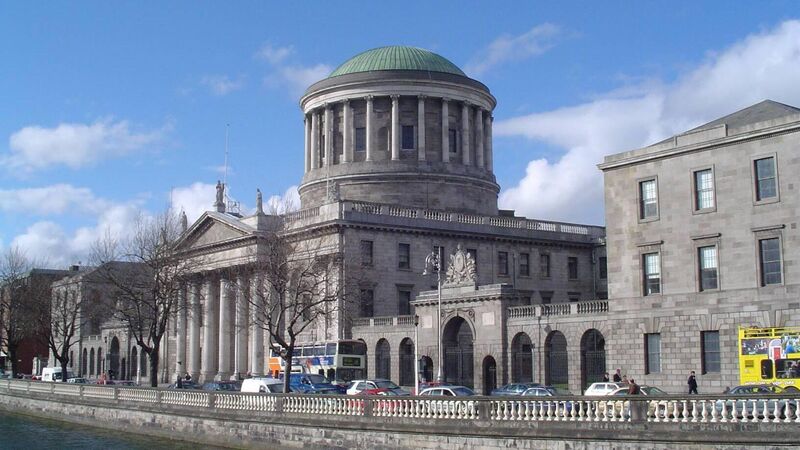Decision deferred in man’s appeal against extradition order

The Supreme Court has deferred its final decision on a man’s appeal against an order for his extradition to Poland to serve a 10-month sentence imposed for possession of drugs, committed 21 years ago when he was aged 18.
The sentence had been suspended but the suspension appeared to have been lifted some years later after the man committed another drug offence, the court noted.
Before deciding legal issues including whether the Polish request amounts to an abuse of process such as to justify refusing surrender, the Supreme Court wants the High Court to decide certain factual issues which will require the High Court seeking further information from the Polish authorities.
Poland early last year issued a European Arrest Warrant (EAW) seeking the man’s extradition for the 1999 offence of alleged possession of drugs which request was granted by the High Court in November 2019.
Seven years earlier, in 2012, Poland had issued a different EAW seeking his extradition for a later drugs offence of 2003 but he won an appeal here in 2015 against an order for his surrender for that offence.
In a preliminary judgment today, a three-judge Supreme Court said it was concerned the High Court may not have had sufficient information before it on which to rule on the latest Polish request.
It was “regrettable” the man who claims to have been here from 2005 and to have been absent when the suspension was apparently lifted by the Polish courts in 2006, had not applied in the High Court for further information, as that court alone had such jurisdiction, but had considered it necessary to seek further information on appeal, it said.
Mr Justice Peter Charleton, giving the judgment, said, in the interests of justice, the Supreme Court was utilising an exceptional procedure relating to extradition cases to ask the High Court to decide various issues of fact before the Supreme Court could finally determine legal issues in the appeal.
Those issues include whether the man was present when a suspended sentence imposed for the 1999 offence appeared to have been lifted or, if he was absent, whether he got legal notice of that hearing.
Among the questions raised included why the Polish authorities sought surrender on the 1999 offence only when the surrender for the 2003 offence failed, he said.
Insofar as findings may be required, they should relate to such facts as might reasonably be necessary to enable the legal issues to be assessed, including the possible necessity for a reference to the Court of Justice of the EU on the imposition of a sentence, or activation of a suspended sentence in the man’s absence, and on the issue of abuse of process.
The State disputes the man's claim that, where a conviction for another offence activates a previously suspended sentence, and where that other offence is tried in the absence of the accused, the in absentia rules which apply in the context of an EAW should apply.
The State accepted the Supreme Court might accept that argument or, alternatively, be persuaded the question has not already been decided in EU law and a reference to the CJEU is necessary, he saId.





